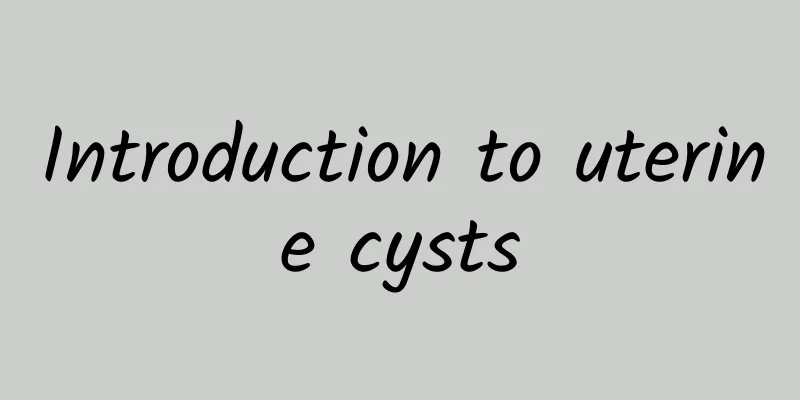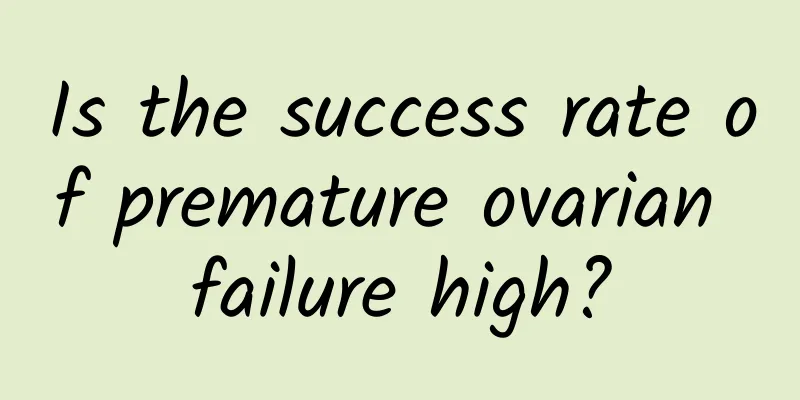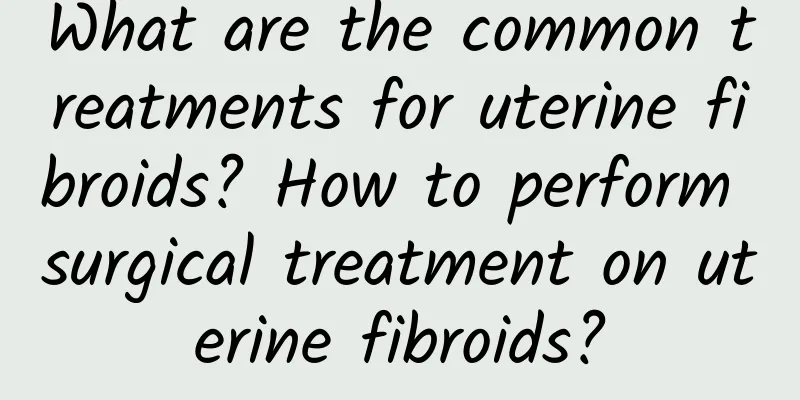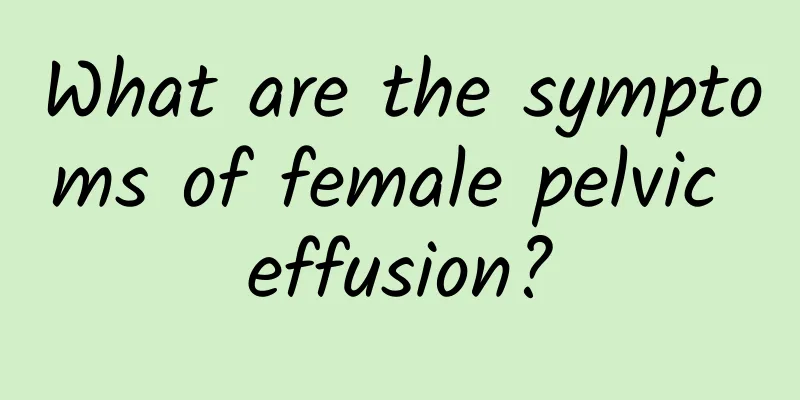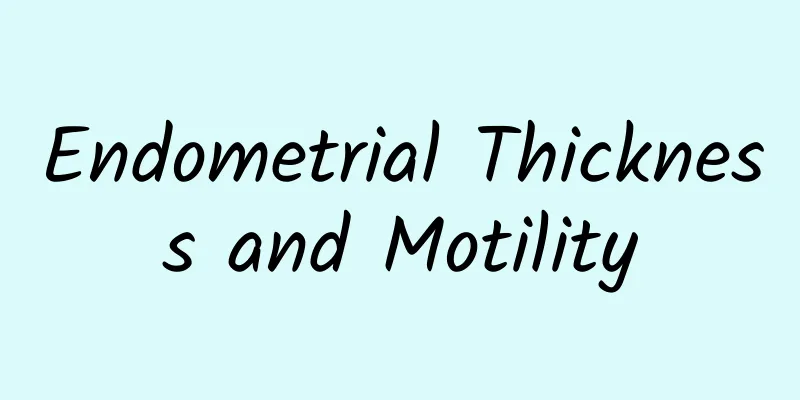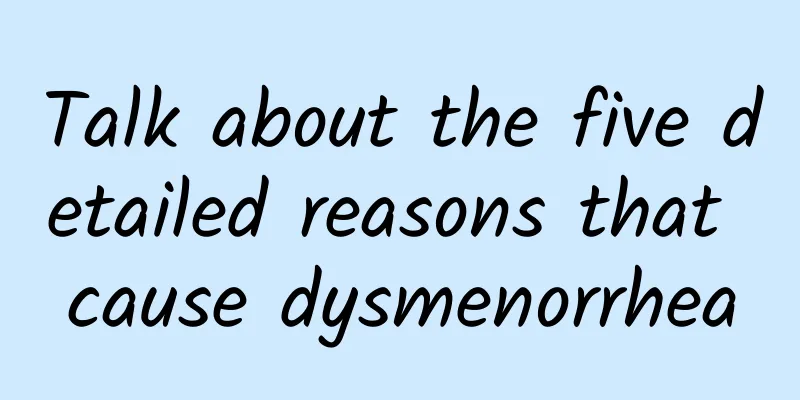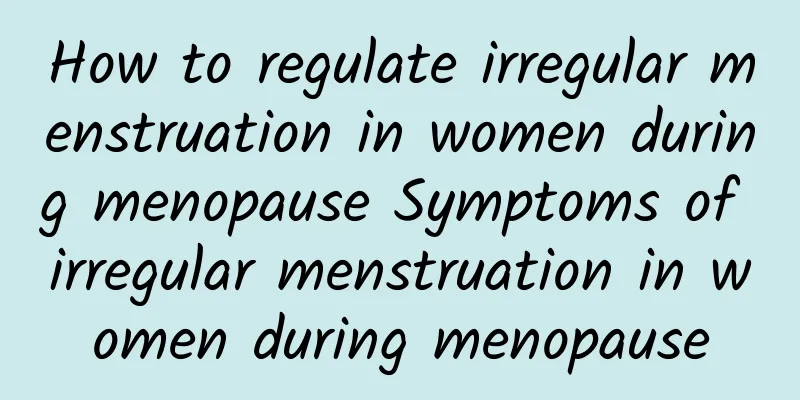Do cervical cysts and ovarian cysts need treatment?
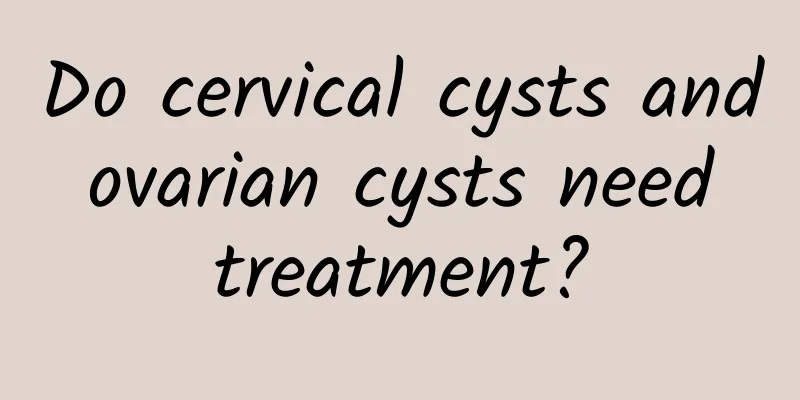
|
Whether cervical and ovarian cysts require treatment depends on the specific circumstances, including the type of cyst, its size, how fast it is growing, and whether it is associated with symptoms or other health risks. Small, asymptomatic cysts can usually be checked regularly, but if a cyst becomes larger, becomes oppressive, or is suspected of being malignant, aggressive intervention may be necessary. 1 Characteristics and treatment of cervical cysts Cervical cysts are usually caused by the accumulation of fluid due to blockage of the cervical glands, forming a typical Nabothian cyst. Most of these cysts are benign, small in size, and usually do not cause obvious symptoms. For asymptomatic, small cervical cysts, special treatment is usually not required, only regular check-ups. If the cyst is large or there is abnormal discharge, vaginal bleeding and other uncomfortable symptoms, treatment may be required. Treatment: 1. Drug treatment: If there is cervicitis infection, antibiotics can be used to relieve inflammation and prevent the cyst from continuing to grow. 2. Physical therapy: such as laser and cryotherapy to remove cysts and reduce local inflammation. 3. Surgical treatment: It is suitable for cases with recurrent infection or large cysts and can be treated by cervical cystectomy. 2 Characteristics and treatment of ovarian cysts Ovarian cysts are cystic masses filled with fluid or other substances that form in the ovaries. They are divided into functional cysts and pathological cysts. Functional cysts such as corpus luteum cysts and follicular cysts generally disappear on their own within a few menstrual periods and do not require special treatment. Pathological cysts such as chocolate cysts or teratomas may continue to grow and even affect fertility or cause pain, and intervention is required according to the specific situation. Treatment: 1. Drug treatment: Hormonal drugs such as contraceptives can regulate ovarian function and are suitable for the management of some functional cysts. 2. Surgical treatment: If the cyst is larger than 5 cm, continues to grow, or is suspected to be malignant, minimally invasive surgery such as laparoscopy or laparotomy may be required to remove the cyst. Patients with chocolate cysts need to pay special attention to postoperative care to prevent recurrence. 3. Life management: People with mild cysts can adjust their diet, such as consuming more foods rich in vitamin C and exercising appropriately, while observing. Whether cervical cysts and ovarian cysts should be treated depends on the examination results. It is recommended to have regular gynecological examinations and pay close attention to changes in cysts. If pain, abnormal bleeding or other abnormal conditions occur, you should seek medical treatment immediately to avoid greater health risks. |
<<: Does interventional embolization for adenomyosis require urinary catheterization?
>>: Will the cervix still enlarge after menopause?
Recommend
Can ovarian cysts cause back pain?
Can ovarian cysts cause back and leg pain? Women ...
Are there any side effects of taking Xiaoyao Pills during menopause?
It is not necessarily appropriate for menopausal ...
What are the dangers of hyperprolactinemia?
Hyperprolactinemia must be treated early to avoid...
Debunking exercise myths: Exercise doesn’t necessarily make you thin!
Q: In order to lose weight, I joined a fitness cl...
How to regulate irregular menstruation
How to regulate irregular menstruation? If the me...
Is severe cervical erosion contagious?
Is severe cervical erosion contagious? The impact...
What is the principle of using Lipu Knife to treat cervical erosion? Analysis of the pros and cons of using Lipu Knife to treat cervical erosion
Cervical erosion is a common gynecological diseas...
Women should know the symptoms of hyperprolactinemia early
Women should know the symptoms of hyperprolactine...
Left Bartholin's gland cyst
The Bartholin's gland cyst on the left is usu...
I had a medical abortion for two months. What should I do if my normal period hasn't come this month?
What should I do if my normal menstruation hasn’t...
Is the effect of female cervicitis Kang suppository good? Women need to pay attention to 7 things when taking cervicitis Kang suppository
Female friends are more likely to suffer from gyn...
What causes uterine fibroids? How to treat uterine fibroids
Causes of uterine fibroids: 1. Irregular diet: Of...
What are the effective methods for treating uterine fibroids?
There are many ways to treat uterine fibroids, so...
Why does adenomyosis cause pain?
Why does adenomyosis hurt? Patients with adenomyo...
I have back pain a few days before my period.
I have back pain a few days before my period. Men...
